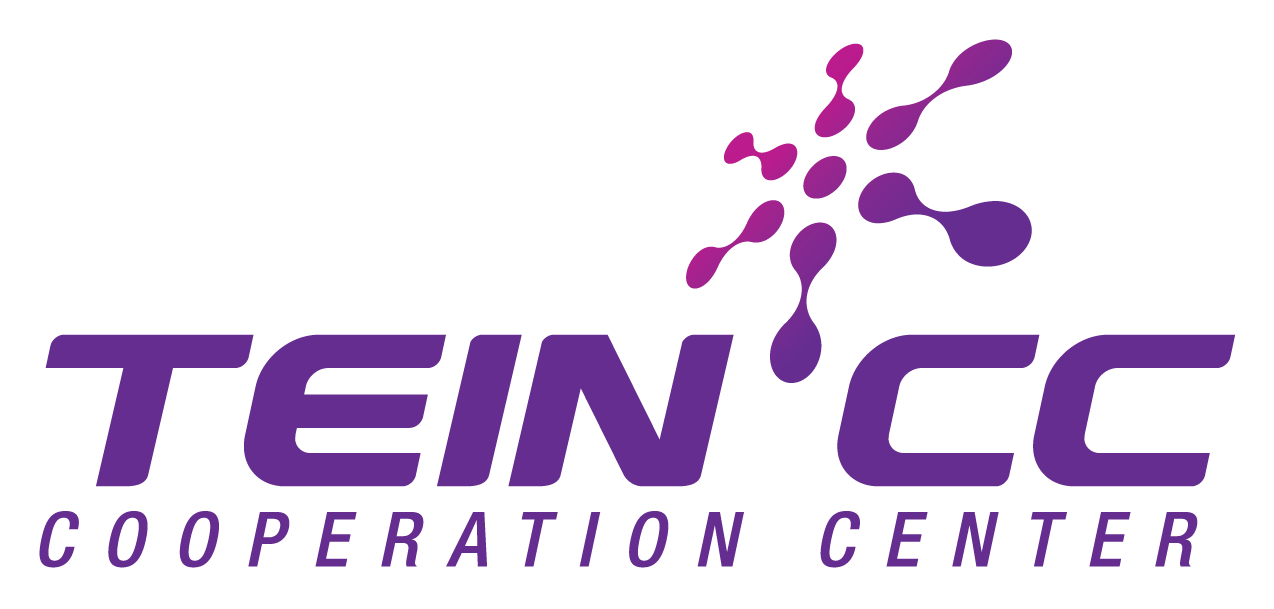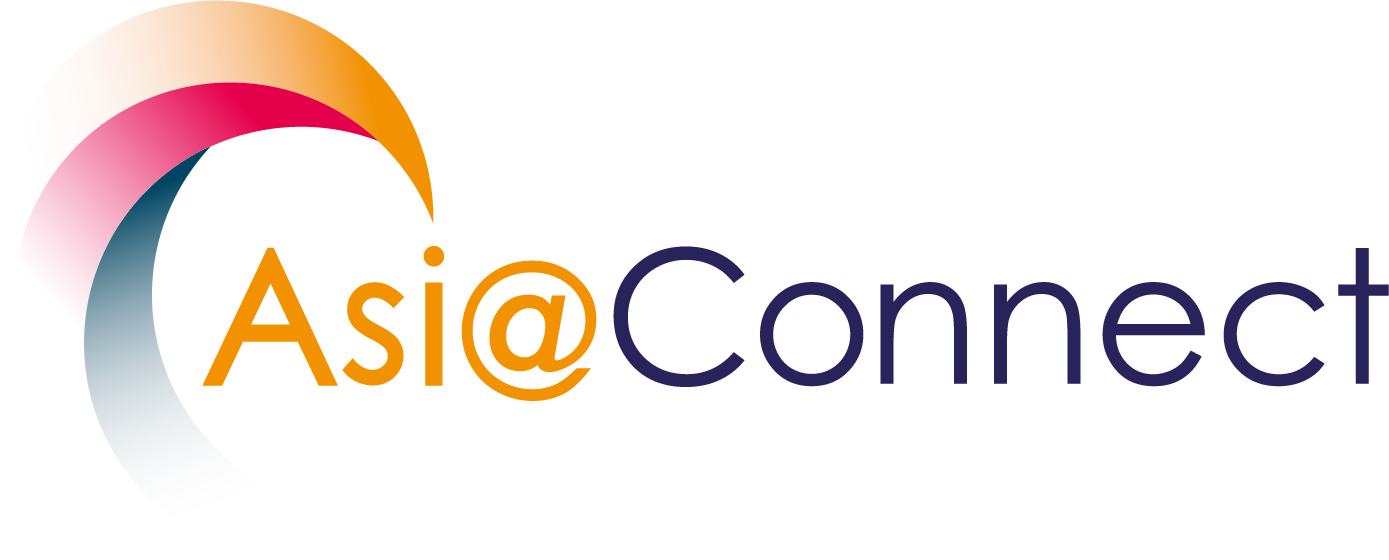Project Overview
The "Develop Local Network and System" project was initiated to address persistent gaps in digital readiness and technical autonomy across educational and research institutions in Bhutan. Led by the Department of Information Technology, Sherubtse College, Royal University of Bhutan (RUB), this initiative focused on building foundational IT infrastructure, reducing external dependencies, and creating sustainable local IT environments.
🏛️ Digital Autonomy Achievement
This project successfully empowered Bhutanese institutions to independently build, manage, and secure local networks using open-source technologies, reducing dependency on external vendors and creating in-house knowledge hubs.
Local Network Services Deployed
DNS/DNSSEC Infrastructure
Zone creation, signing, key rollover, and resolver security using BIND and OpenDNSSEC
Email & Web Hosting
In-house email and web services using Postfix, Dovecot, and Apache, migrating from external providers
Virtualization Platforms
Proxmox and KVM virtualization environments simulating real-world institutional server setups
Identity Access Management
FreeIPA and LDAP for centralized user management, policy enforcement, and authentication systems
Local Area Networks
Independent LAN configuration and management enabling institutional network autonomy
Knowledge Portal
Online platform hosting guides, configuration templates, and recordings for sustainable learning
🔧 Open-Source Technology Stack
Implementation Activities
Network & System Setup Workshops
Comprehensive training for IT officers covering DNS/DNSSEC, web/email hosting, and local LAN configuration with theory and live configuration labs.
Virtualization Lab Deployment
Hands-on installation and configuration of Proxmox and KVM virtualization platforms to simulate institutional server environments.
DNS/DNSSEC Configuration
Technical sessions on zone creation, signing, key rollover, and resolver security using BIND and OpenDNSSEC.
Identity & Access Management
FreeIPA and LDAP implementation for centralized user management with policy enforcement and system integration.
Institutional Visits & Mentorship
Field visits to colleges for live deployments, troubleshooting assistance, and hardware adaptation support.
Knowledge Portal Creation
Dedicated online platform hosting guides, configuration templates, and training recordings for continuous learning.
IT Autonomy Awareness Seminar
Half-day session for policymakers, academics, and technical staff highlighting internal digital capacity importance.
Key Achievements & Impact
🎯 Network Autonomy Success
- Independent LAN Deployment: Local teams successfully deployed LANs and DNS infrastructure without external assistance
- Virtualization Capacity: Institutions now run services on open-source virtual platforms configured during the project
- Email & Web Migration: Multiple institutions migrated from external providers to in-house servers
- Identity Systems: FreeIPA successfully implemented in pilot environments for secure access management
📖 Knowledge Transfer & Sustainability
Documentation Repository: Technical templates and manuals now shared online for continuous reference and institutional knowledge retention.
Skill Replication: Trained IT staff successfully replicated training sessions for new personnel, ensuring sustainable knowledge transfer within institutions.
🏛️ Institutional Independence
The project successfully reduced external dependency by fostering internal IT management skills and creating in-house knowledge hubs for IT service delivery and network governance.
Partner Organizations
Led by Sherubtse College, Royal University of Bhutan, with strong collaboration across Bhutan's educational and research network ecosystem:
Sherubtse College
Royal University of Bhutan
Lead Implementation Partner
DrukREN
Bhutan Research and
Education Network
DITT
Department of Information
Technology and Telecom
RUB Institutions
Multiple Colleges and
Academic Institutions
Challenges & Future Directions
⚠️ Implementation Challenges
- Hardware Limitations: Some institutions lacked sufficient or compatible hardware for on-premise server deployment
- Skill Level Disparities: Varying participant expertise required additional support and flexible pacing
- Connectivity Issues: Weak internet connectivity in some locations hindered remote mentoring and repository access
- Sustainability Concerns: Absence of formal institutional incentives or policies for maintaining technical continuity
🚀 Future Development Plans
Lab Environment Expansion: Scale current virtualization labs to serve more services and users within institutions.
Policy Framework Development: Collaborate with ministry-level bodies to formalize IT management standards and recognition systems.
Train-the-Trainer Programs: Select expert participants to mentor others in their respective regions for sustained capacity building.
Budget Advocacy: Promote regular institutional budgeting for infrastructure upgrades and service continuity.
Sustainable Development Goals
This local network development project contributes significantly to national digital capacity and institutional development:


